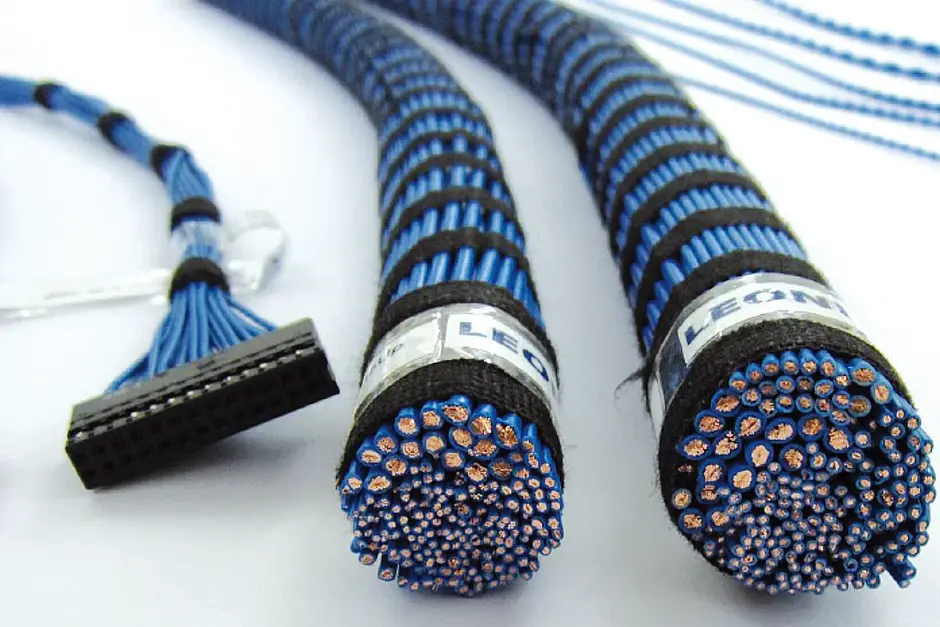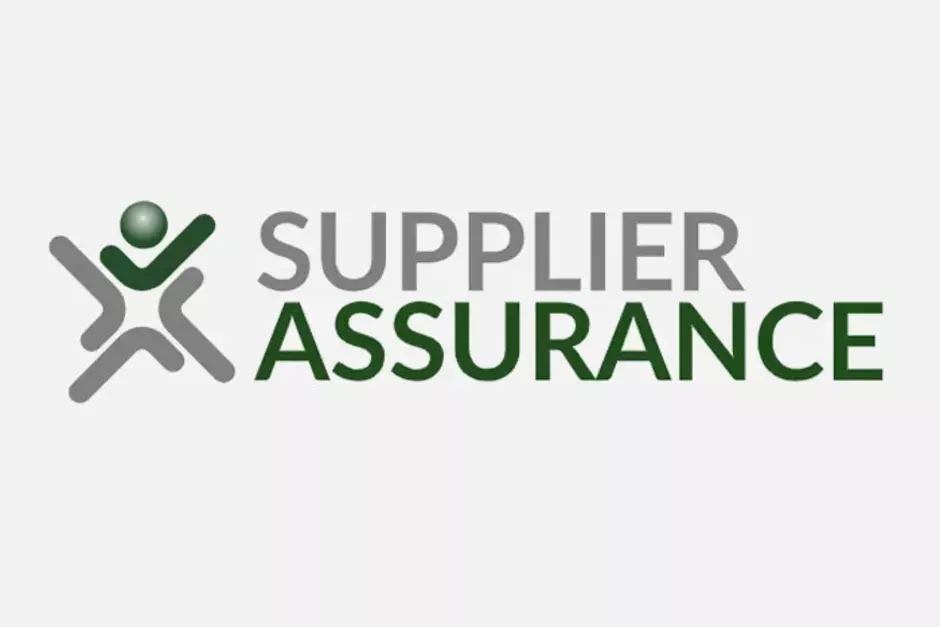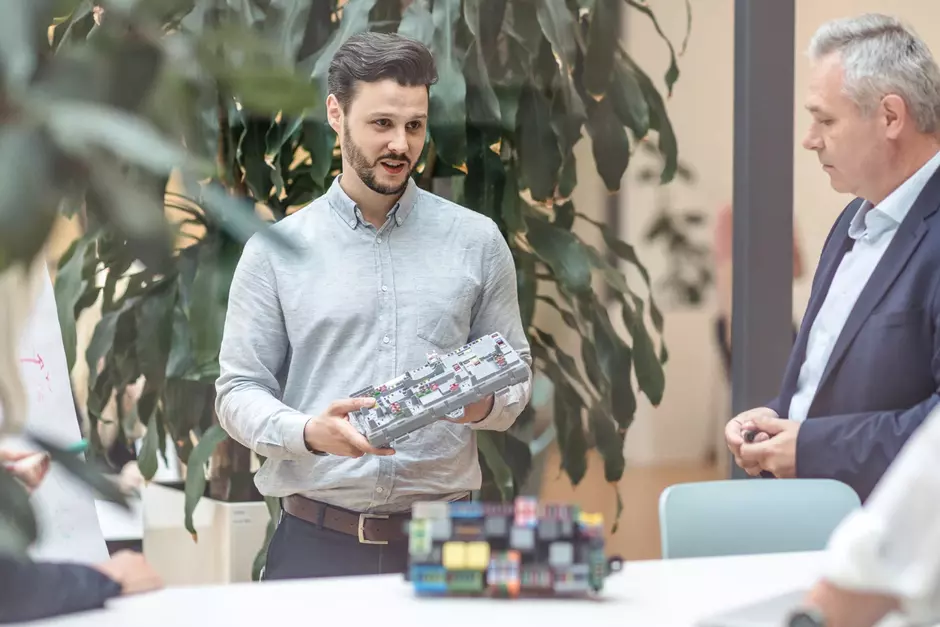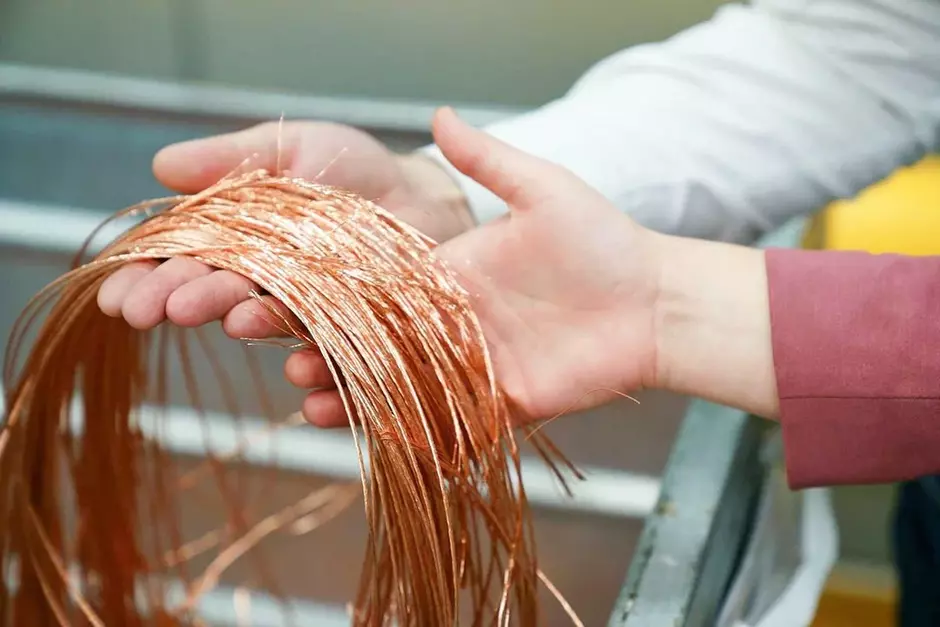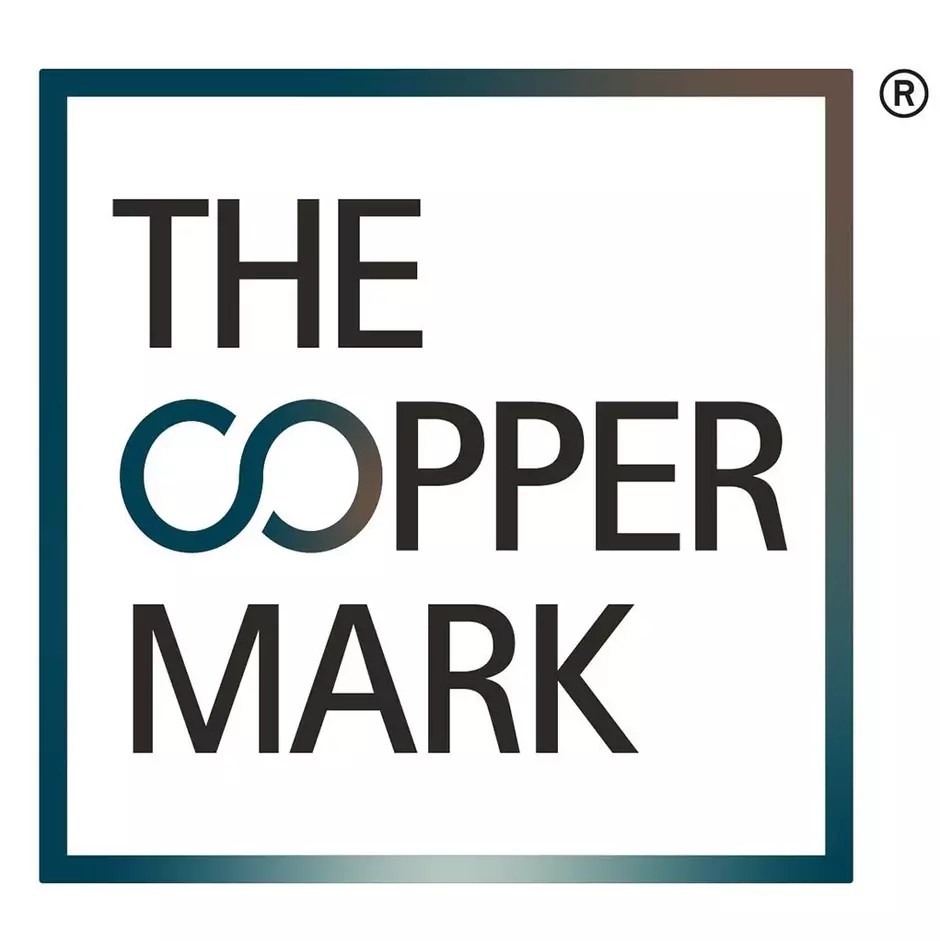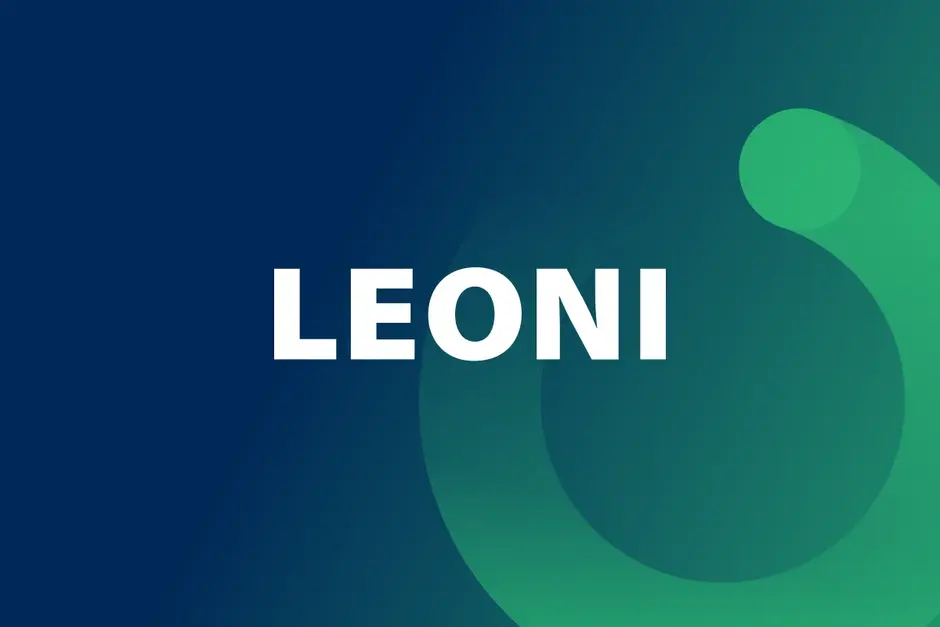
Supply Chain Management
Taking chances, minimizing risks
Sustainability is a central component of LEONI's corporate strategy. As part of our ReWire sustainability program, we also attach great importance to responsible procurement of production and non-production materials. Ensuring good working and living conditions, respecting internationally recognized human rights and protecting the environment are of great importance to us. This also applies along our entire supply chain.
Information on sustainable supply chain management
We expect our business partners to comply with their due diligence obligations in order to likewise ensure that our business partner network is also transparent and to identify and minimize potential risks at an early stage. This requires close cooperation with our business partners and compliance with the due diligence obligations associated with the business relationship as part of our sustainability standards.
We have systematically anchored in our sustainable supply chain management processes how we identify risks at our direct suppliers and on an ad hoc basis for our indirect suppliers, and how we address these with preventive and remedial measures.

Abstract risk identification via tool by LEONI

Self-assessment of all newly created business partners

Code of Conduct for Business Partners

Annual reporting of sustainability efforts (e.g. CO2 reduction, recycling rate)

Contractual assurances (toleration of audits, disclosure of information, etc.)

Specific risk identification (e.g. via SAQ)

Monitoring & continuous surveillance

(Mandatory) e-learning

Measures plans (e.g. corrective measures plans, indication of recycling rate, etc.)
Obliging Business Partners
By means of its clauses in the purchasing conditions, LEONI obligates its business partners to comply with the principles of the Code of Conduct for Business Partners, which is based, among other things, on external frameworks and requirements such as the UN Guiding Principles on Business and Human Rights, International Human Rights Charter, the Principles of the UN Global Compact, the Principles of the International Labour Organization, OECD Due Diligence Guidelines for Responsible Business Conduct and the National Action Plan of the German Federal Government and the Act on Corporate Due Diligence Obligations in Supply Chains derived from it.
Risk management in the supply chain
LEONI uses various approaches to assess sustainability risks and their impact in the supplier network.

